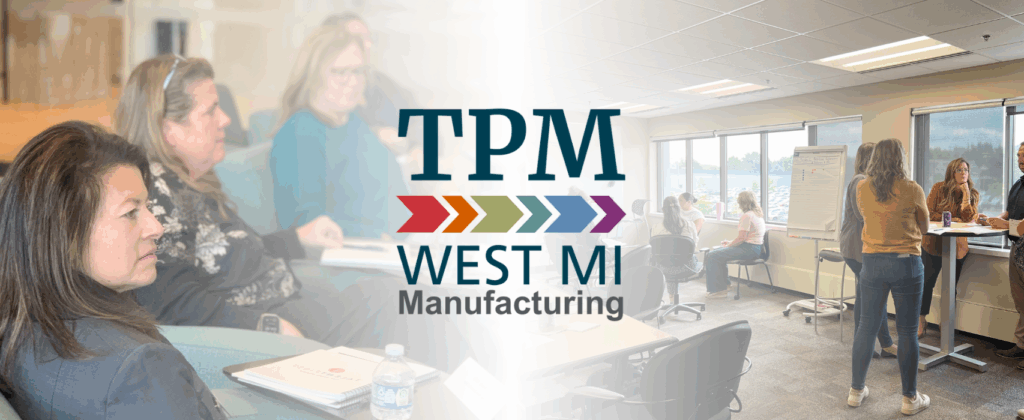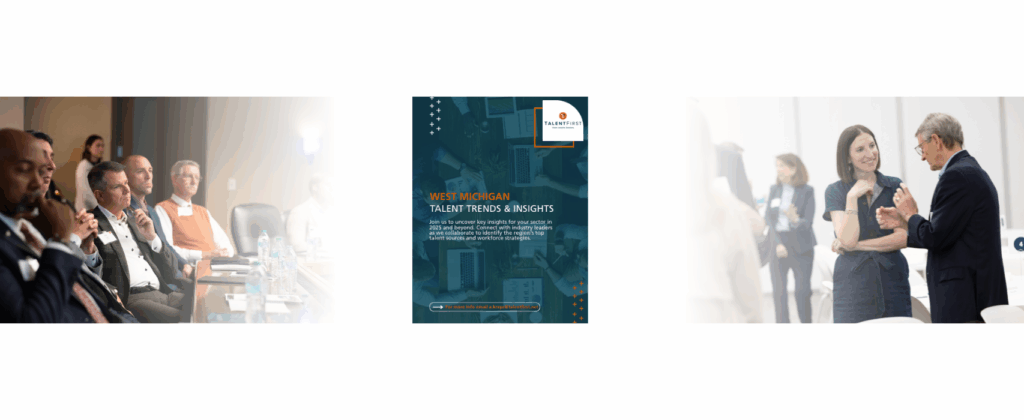Original post can be found at: https://jheconomics.com/how-to-transform-communities/.
“People everywhere are concerned about the sustainability of their communities. Extreme income disparities, affordable housing shortages, rising homelessness, and worsening crime are only some of the myriad of problems that surround many of us.
There is a reflexive hope that our state and national politicians can ‘solve’ these problems. This belief is, not surprisingly, often fueled by politicians so that they can be elected. The common narrative sounds something like, “if only the right leader were elected, our problems would be solved.”
The reality is that all communities are different in size, culture, region, economy and ecology – all are unique. No “one size fits all” political approach is going to make a meaningful difference to improving our local challenges; communities need to own their problems and work to solve the issues in an organized and rational non-political manner. As communities succeed, the solutions they develop can inform broader policy so that other towns, counties and states can benefit. Waiting for solutions to come from the top is like Waiting for Godot. We will be waiting forever.
Some communities do problem solving better than others, but I believe all could benefit from a methodology that incorporates what has become more common in the world of business: systems thinking, human centered design, data driven decision making, dialogue, and organized problem-solving processes.
Communities need to define their problems, identify a desired future state and then put together strategies to accomplish the desired outcomes. This sounds simple in concept, but it is difficult in practice and innovation in this process is long overdue. Let me share an example from my experience.
Fifteen years ago the community of West Michigan was awarded a Department of Labor grant: Workforce Innovations in Regional Economic Development or WIRED. The grant was for $15 million to be spent over 5 years to improve the conditions for economic development and training. I co-chaired the committee that was to spend the money. We did the right things: we sent out requests for proposal, we received good proposals and we decided on the best practices to fund. It seemed like a logical approach. But it basically failed to bring any real lasting benefit from our investment of $15 million into the community. So, a group of business leaders were called together and we asked ourselves what we could have done better, and what should we do now? Should we try to raise another $15 million? We concluded that a real strategy was far more important than more money. We reasoned that if we had a good strategy the money would be easy to raise.
The group decided to work at strategy and to focus on a cross cutting theme that had implications for the community and for business: increasing the supply and quality of talent in the region. Starting in 2015 the organization named itself Talent 2025, with the purpose of having world class talent in the community by 2025.
We felt that men and women who had run businesses had the right kind of experience at developing and implementing strategy, so we invited business owners and leaders to be members of the organization. We asked each to contribute some money to support the required small staff, and formed eleven working groups led by many of our 125 business leaders, representing a quarter of the workforce in the region and a full range of organization sizes.
Robust research and data analysis, along with impassioned and invested leaders convening the broader community around critical issues produced a learning organization that led to a deeper understanding of our communities’ issues and interconnectedness.
We learned a great deal and when we prioritized our strategic focus, the group coalesced around the lever of early childhood education. Research shows that being ready for school predicts the ability of children to be reading by 3rd grade. Our group became deeply aware that in order to have an articulate problem-solving employee at age 18+, they needed to have good education opportunities at very early ages. For many of us, it was eye-opening to read studies that could predict the number of prison cells needed based on 3rd grade reading success. Talent 2025’s mission focused on how to galvanize more state money for early education – an objectively logical investment. The result was striking, as the state of Michigan, with a Republican governor and Republican controlled legislature, approved vastly increased sums for early education in two successive sessions.
As the national race for the White House heats up, it is a good time to re-think what each of us can do in our own neighborhoods. Help probably isn’t going to come from above, but by developing clear local strategies to solve our community problems. We need to bring disparate parties together and effectively use data and research to change the nature of the discussion from something political to something practical. Let’s forget flash words like conservative and liberal, and talk in terms of what is right for our community and how to pay for it. The keys to making this work are to include a broad range of leaders who have knowledge of, and passion for, the needed work and to build trust by using a process that is both empirical and inclusive of those involved in the problem and of those who feel the effects.”


